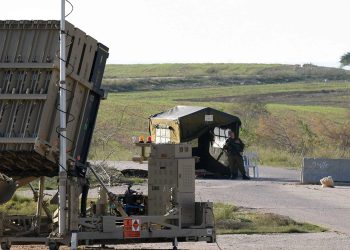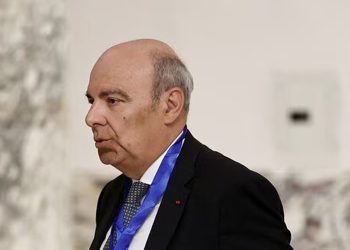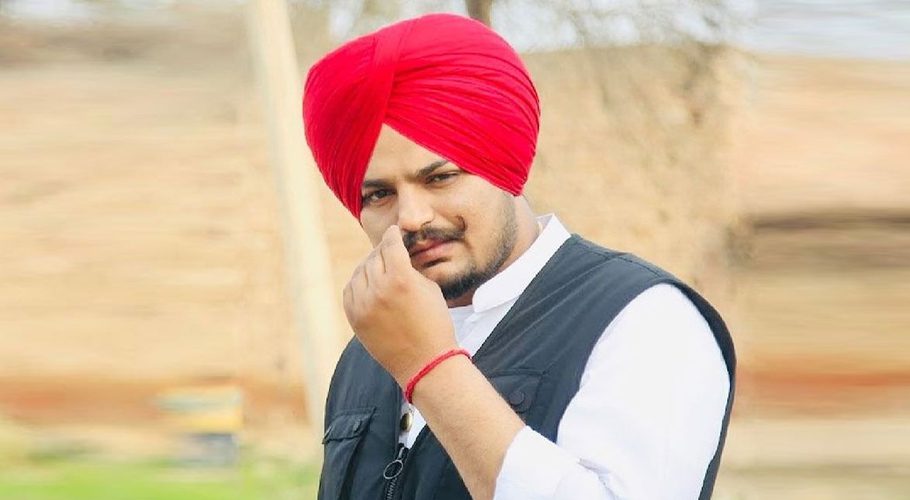LAS VEGAS: The first arrest in the 1996 slaying of Tupac Shakur had its roots in the investigation of the killing of Biggie Smalls.
The shooting deaths of the two hip-hop luminaries and rivals — Shakur in Las Vegas and Smalls in Los Angeles six months later — have always been culturally inseparable, and one man, Duane Keffe D. Davis, found himself involved in both investigations.
On Friday, Davis was arrested and charged with murder, with prosecutors saying he ordered and masterminded the Shakur killing.
Now retired Los Angeles police detective Greg Kading was assigned to investigate the slaying of Smalls — whose legal name was Christopher Wallace — and in 2009 interviewed Davis as a person of interest in the case. Davis had had been at the party at the Peterson Automotive Museum that Wallace had just left when he was shot.
Kading had helped build a federal drug case against Davis to get leverage to compel him to talk to Los Angeles police, who to date have made no arrests in the Wallace case.
Davis, who had immunity for what he said in his police interview but not what he said outside it, went on to divulge many of the same details in documentaries, on podcasts and in a tell-all 2019 memoir that would give new life to the Las Vegas police probe and help lead to his grand jury indictment.
Davis had long been known to investigators as one of four suspects identified early in the investigation. He isn’t the accused gunman but was described as the group’s ringleader by authorities at a news conference and in court. In Nevada a defendant can be charged with a crime, including murder, if you help someone commit the crime.
Davis, now 60, said in his memoir, “Compton Street Legend,” that he provided the gun used in the drive-by shooting.
Davis was arrested early Friday while on a walk near his home on the outskirts of Las Vegas, hours before prosecutors announced in court that a Nevada grand jury had indicted the self-described “gangster” on one count of murder with a deadly weapon. He is due in court next week.
The grand jury also voted to add a sentencing enhancement to the murder charge for gang activity that could add up to 20 additional years if he’s convicted.
Hundreds of pages of transcripts released Friday provide a view into the first month of grand jury proceedings, which began in late July with testimony from former associates of Davis, friends of Shakur and a slate of retired police officers involved in the case early on. Their testimony painted a picture for the jurors of a deep, escalating rift between Shakur’s music label Death Row Records and Bad Boy Records, which had ties to Davis and represented Wallace.
































